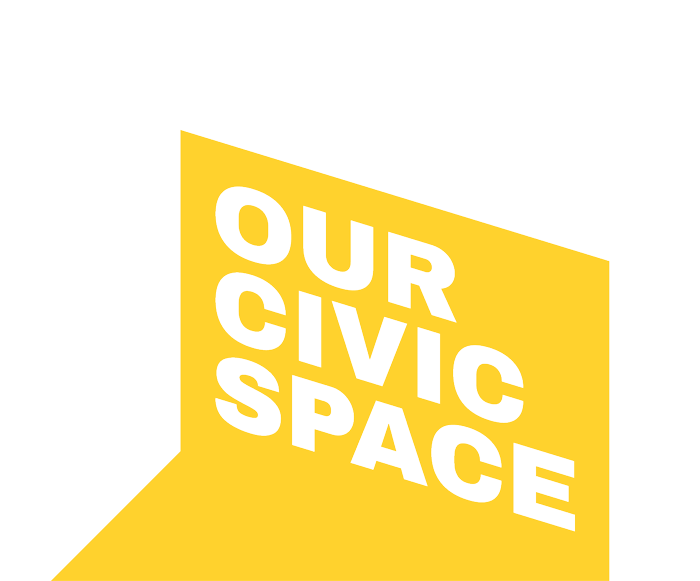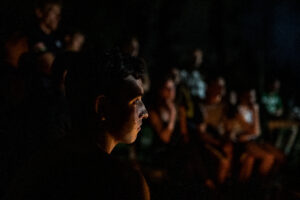Covid-19 Affects Civic Space in Hungary, Poland and El Salvador
Utrecht University research shows how measures to combat Covid-19 have limited people’s freedoms and rights in Hungary, Poland and El Salvador.
Covid-19 affects the lives of many. But the responses of governments to fight the pandemic may have even more profound consequences. This is not just an issue of health or of the economy, but also of rights and freedoms. In many places, measures taken have heavily affected civic space – that is the freedom people have to express and organise themselves collectively. Two new in-depth country cases studies in Utrecht University’s research project Civic Space under Attack, led by dr Chris van der Borgh and prof dr Antoine Buyse, track what happened in Hungary, Poland and El Salvador in the past half year.
In a nutshell, the review of measures taken show that where civic space was already under pressure before the outbreak of the pandemic, the situation was exacerbated by the measures to fight Covid-19. Sometimes as side effects of restrictive lockdowns, states of emergency or polarizing political discourse, but very often also by using the need to fight the disease as a cover to curtail civil society and curtail critical voices all in one go. The case studies track how civil society and citizens were affected by such government measures and shows how people managed to reclaim space for debate in creative ways, from protesting in cars to creating new online spaces.
Poland and Hungary – comparing two illiberal regimes
Research student Adam Dargiewicz looked into the measures taken by two European illiberal governments in Hungary and Poland. His analysis shows that the emergency powers deployed in Hungary carry a higher potential of becoming weaponized against independent societal actors than in Poland since their scope is more far-reaching. the pandemic in both countries might lead to the solidification of the already existing anti-civil society tendencies rather than to the development of a completely new approach. But, the situation in both countries vividly shows that organizations, grassroot movements and journalists presented great resilience and creativity, and maintained their capability to uphold and rearrange civic space.
El Salvador
Research student Welmoed Barendsen investigated the volatile situation in El Salvador. While the government’s response was rapid, it was also very strict (mandatory lockdowns, containment centres) and unpredictable and the means deployed were at times violent and based on unclear legal grounds. The populist president has tried to discredit virtually everyone (academics, religious leaders, human rights activists, business leaders and journalists) critical of his policies. At the same time, this report also shows that civil society actors continue to defend, contest and conquer civic space, from journalists distributing food to crowdfunding campaigns. In the context of democratic backsliding in El Salvador, which started well before Covid-19, the pandemic seems to have had had an accelerating impact.
Earlier, the project produced a bibliography with the newest reports and literature on the effects of the Covid-19 pandemic on civic space. This offers a systematised overview with a summarising introduction on the key issues involved. Many of these also feature in the now released case studies.
Story by Utrecht University

